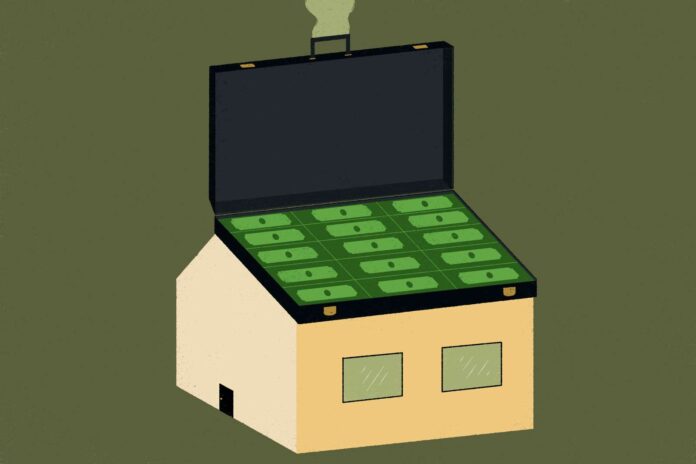Buying a house is one of the most exciting moments in the life of individuals. Whether you want to start living on your own, or with your partner or family, the new house will bring you a new fresh start and the future that will bring lots of magnificent and joyful moments. Best of all is that buying a house currently seems like a very smart idea since the interest rates are remaining low. In the future, the prices are going to be even higher. It even looks like a wise idea when you see that monthly rent is the same as a mortgage payment. However, before starting with the purchasing process, you should know that the price of the homeownership comes with some additional expenses that are not really obvious at the first glance. Therefore, just take one step at a time, and be patient.
Understand Your Budget and Mortgage rates
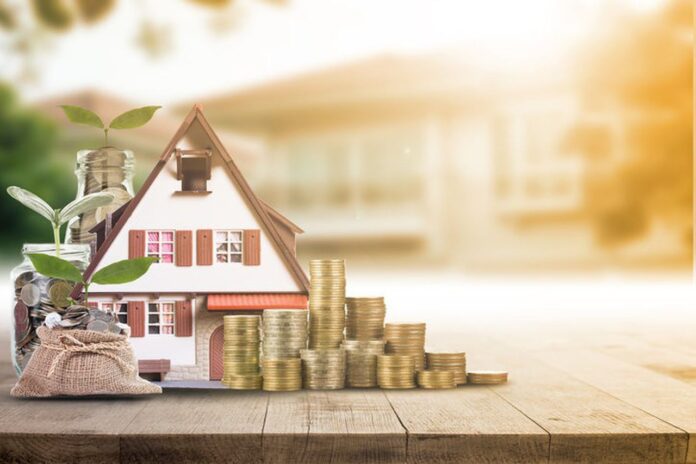
The first step toward saving for a down payment on a home is to know what price of the home you can afford. We have good news for you since there is a digital platform that can finish the whole process for you. You can find what mortgage you can afford according to your financial budget. This will make the whole process of buying a house much easier and more effective. With myperch.io you will be guided through every step of the process of buying your dream house. You can see your mortgage options and after you select the ones you like you can get pre-approved for a mortgage that can suit you. Additionally, you can also track your monthly property value and see the renewal opportunities that will help you save more money on your mortgage.
Mortgage payments
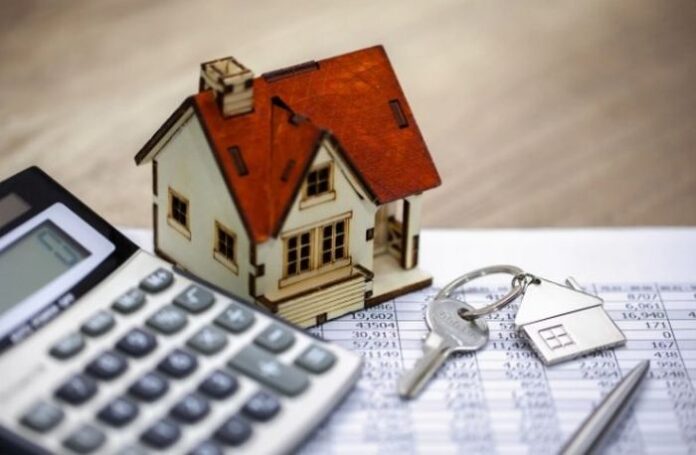
When you finance your home, you need to know that your monthly mortgage payment will depend on how much you borrow, the interest rate on your home, and the amount of time you have to pay off the loan. Therefore, even though your calculator shows you that you can afford a home, the truth can be completely different. You will need to compare your cash flow to all the extra costs of homeownership. For instance, additionally, on your monthly mortgage payment, it can be added an account for the escrow or reserve. The escrow accounts will allow you to save incrementally for homeowners insurance and for some property taxes. In general, all lenders are including this money in deposit and then pay governments and insurance companies. In case those types of expenses are not a part of your mortgage company payment, you will need to create a budget for them and always pay them on time.
Calculate Your Debts and Incomes
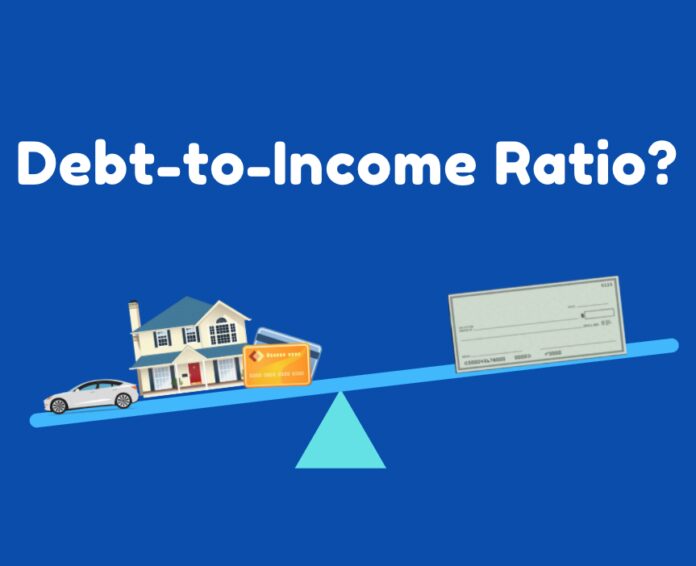
You should take an insight into your monthly income and see how much you are currently spending on all your regular bills and other expenses. When you start tracking your spending, you will have a clear picture of where your money goes every month. Basically, you need to prepare yourself for the housing expenses that are waiting for you with the new house. Some of these expenses are including mortgage payment, home insurance, property taxes and they will take about the third portion of your monthly income. Therefore, you need to calculate your current financial responsibilities and monthly expenses, so you can decide how much money you can spend on mortgage payments. Once a lender evaluates that you can repay a home loan, he will add on it your housing expenses as well as your monthly debt payment. After that, he will divide the total by your monthly gross income which would not be more than 40%.
Consider private mortgage insurance
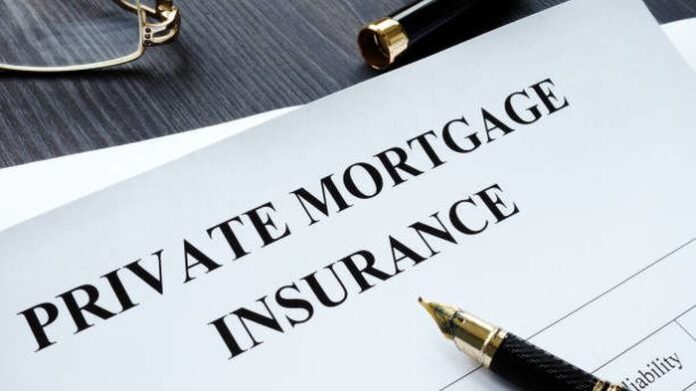
In case your down payment is less than 20% of the price of the house, you will be required by the lender to take out a private mortgage insurance policy. In general, this policy will protect the lender in any case of default on the loan. Statistics show that Mortgage Insurance Companies are requiring monthly premiums running from $50 to $100, for a house that costs approximately $200,000. The closer your down payment is to 20$, you can expect that your monthly costs for PMI would be lower.
Consider Homeowners insurance
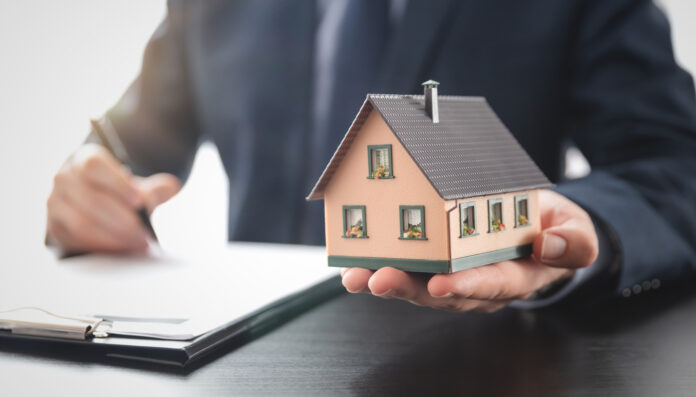
There is also special homeowners insurance that will ensure you are able to cover all possible replacements, repairs, or even rebuildings in your case. This cost refers to when your house is hit by some catastrophe or in the case there was a robbery. When someone borrows money from a mortgage lender, they need to buy homeowners insurance. The price that you can expect from the average home insurance goes around $900 per year. Therefore, even before buying a house, check with the insurance agent for the exact price so you can know how to organize your financials.
You will need to pay property taxes
In general, you need to expect that local governments are charging real estate taxes for different public expenses available including sidewalks, schools, parks, etc. The seller or the real estate agency is able to tell you the current tax on property on a yearly basis. You can additionally ask if it is going to be increased in the future after you buy the house.
Utilities are also waiting for you
When you find your dream house, you should ask the seller or the real estate agent for a record of the utility bills for a whole year. In that way, you can have a clear picture of how much money you will be spending on electricity, gas, water, heating, cooling, etc. Logically, understand that these costs are different for different family sizes. Therefore, if you have many members of the family in the house, you can expect to get higher utilities.
Maintenance of the house
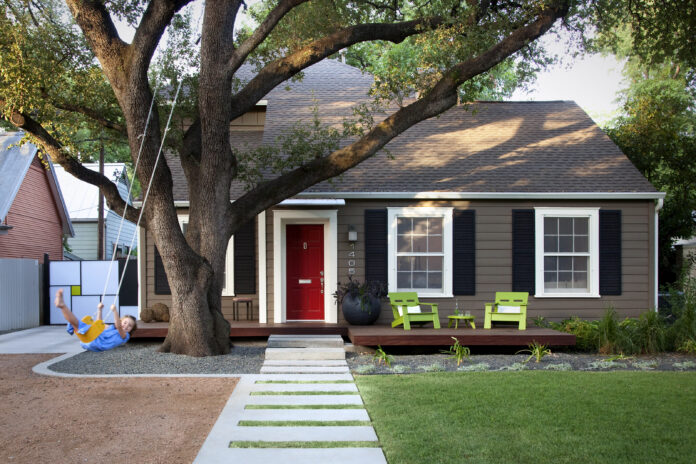
Once you own a house, there is no more landlord that you can call for potential repairs and unpleasant scenarios in your house. From that moment, everything is going to be your responsibility. Therefore, before you buy the house, it is recommendable to hire an experienced and knowledgeable home inspector that will walk through the house and give you a clear picture of the house’s condition. Based on that home inspection, you will know the life of major components and how much they can last such as roof or heating system, plumbing, or the electrical system. However, you need to prepare yourself to always have the prepared budget for the ongoing maintenance.
